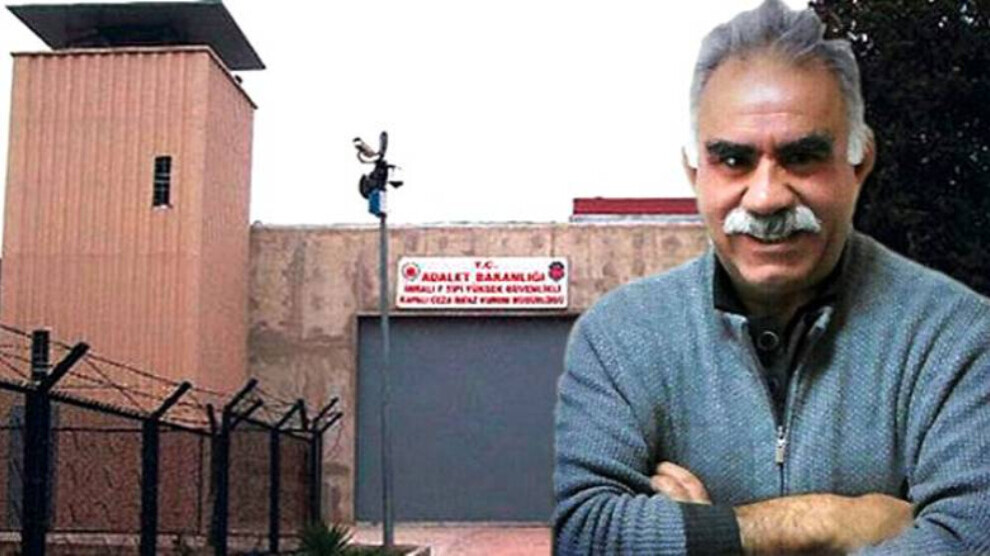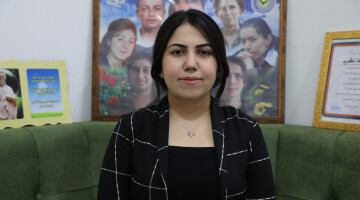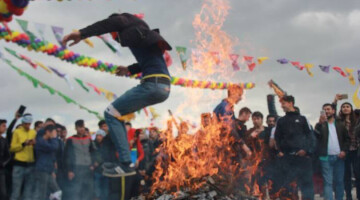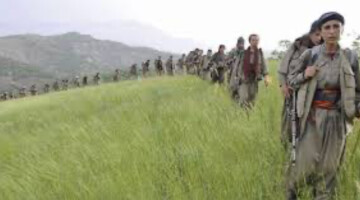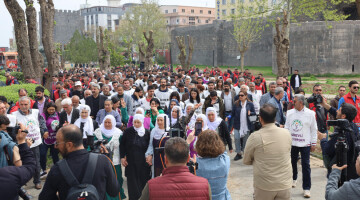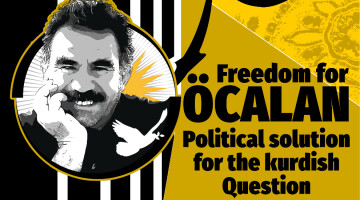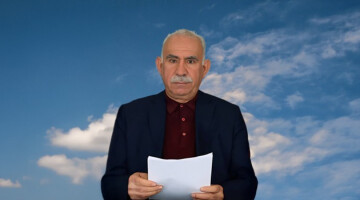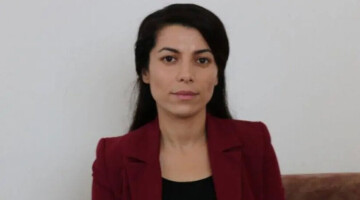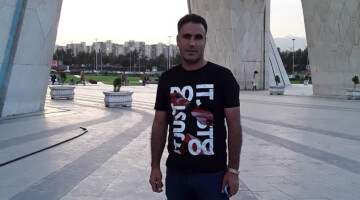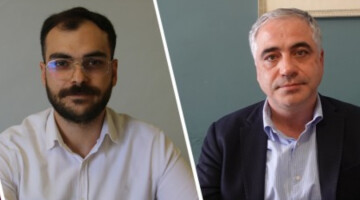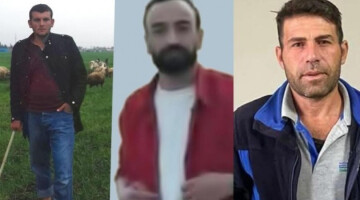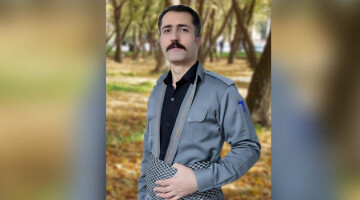In Turkey, rumors are spreading via social media that Abdullah Öcalan has died in prison. In light of this situation, it is imperative to obtain clarity on this issue, says the Asrin Law Office, demanding immediate communication with its client and his fellow prisoners on the prison island of Imrali.
In a statement on Monday, Asrın Law Office, which has been legally representing the PKK founder since his deportation from Kenya to Turkey in February 1999 in violation of international law, said, "We are not able to communicate in any way with our clients Abdullah Öcalan, Ömer Hayri Konar, Hamili Yıldırım and Veysi Aktaş, who are imprisoned in Imrali. While the last lawyer conversation in Imrali Prison limited to Mr. Öcalan took place on August 7, 2019, the last communication of our clients with the outside world took place in a phone call on April 27, 2020. The only telephone call from Imrali to date had been authorized at that time due to the pandemic.
On March 14, 2021, allegations about Abdullah Öcalan's situation were made on a number of anonymous social media accounts. We have no information about our clients' situation since April 27, 2020. We are seriously examining any information about the situation on Imrali and taking the necessary steps. We do not know the source from which these allegations come or are spread, but the most important thing for us is that these allegations are regularly made regarding Öcalan. Undoubtedly, the severe isolation on Imrali is the most important reason for this situation. Imrali is cut off from any means of obtaining information. The fact that Imrali Prison is not a standard prison that can be visited regularly by family members and lawyers and from which information can be obtained about the health and living conditions of prisoners, raises serious and necessary concerns about the allegations made. The way to address these concerns is to open the channels of communication to Imrali as soon as possible.
We insist on our demand for an end to the isolation that constitutes mistreatment of prisoners at Imrali and for the creation of communication channels to address concerns about health and living conditions there. Once again, we call on policymakers and authorities to act responsibly by abandoning this discriminatory isolation practice applied to a single prison and a single group of detainees, making the situation in Imrali Prison verifiable, and allowing the right to legal visits and communication without distinction."

